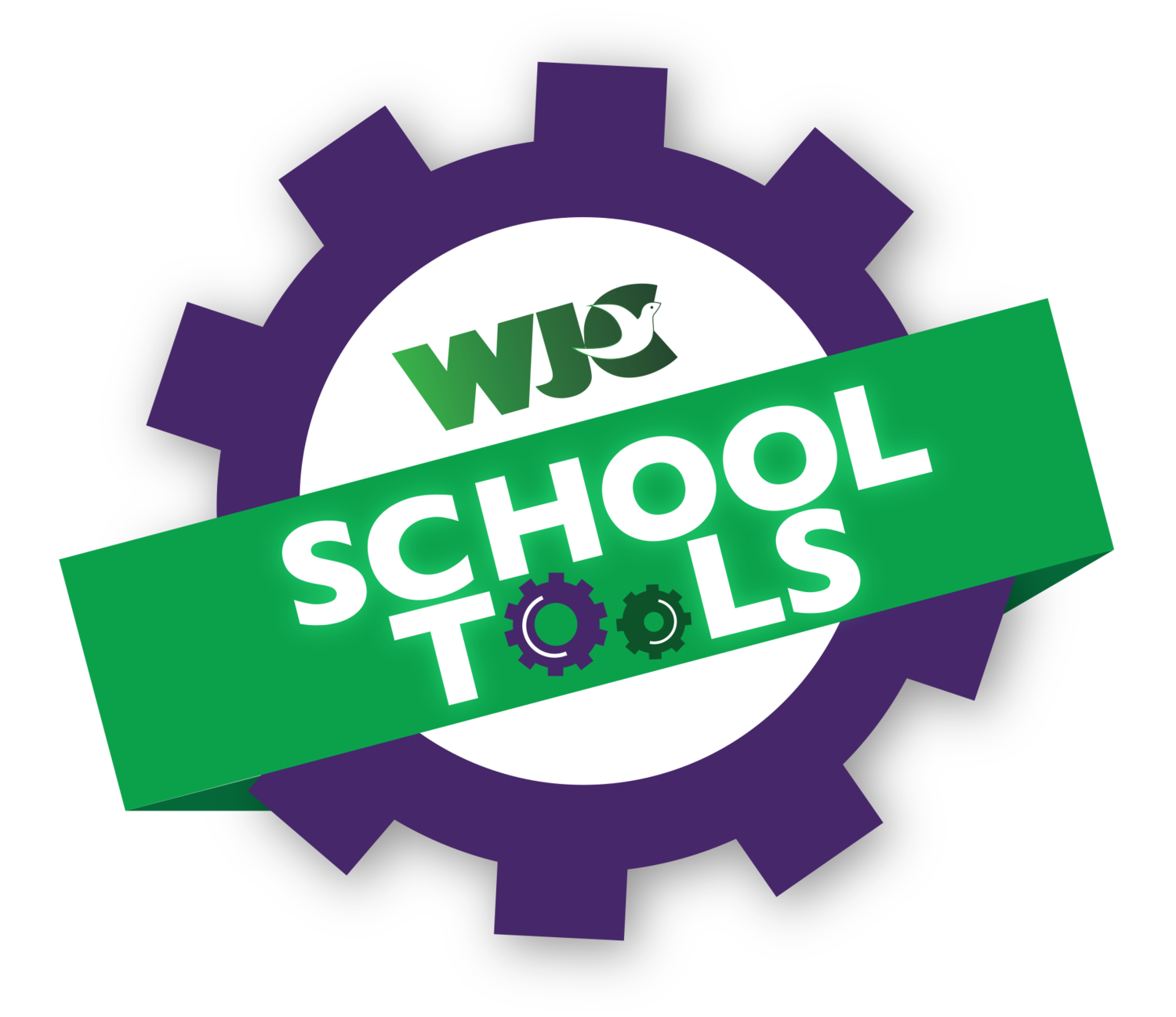1. Teaches the skills to resolve one’s own problems
Students learn to negotiate their own conflicts with one another rather than having to turn to an adult, a skill that will help them succeed throughout life.
2. Improves self-esteem
Students feel better about themselves as they are able to come up with creative solutions to their own problems with others.
3. Saves time spent on discipline
Educators no longer have to take valuable time away from academics in order to resolve their students’ conflicts.
4. Keeps students in the classroom focused on learning
Rather than receiving punitive, top-down disciplinary actions that take them out of the classroom, students are able to develop solutions that keep everyone able to focus on academics.
5. Promotes critical thinking skills
Using problem-solving skills when involved in conflict exercises the brain’s critical thinking capacity.
6. Raises academic achievement
Students feel empowered to resolve their own conflicts in ways that work for them, so they can concentrate on learning rather than worrying about disputes.
7. Builds relationships and community
As students resolve their problems with one another, they learn about other’s perspectives and how to collaborate with one another.
8. Enhances positive school climate
Students have stronger relationships with their peers and educators and the skills to work through challenges that arise.
9. Develops twenty-first century skills
Building effective conflict resolution skills is imperative for succeeding in the workplace.
10. Encourages productive resolution of conflicts in all areas of life
Conflict resolution skills that students develop aid them in all areas of their lives, in turn spreading to others among their homes, schools, and communities.










